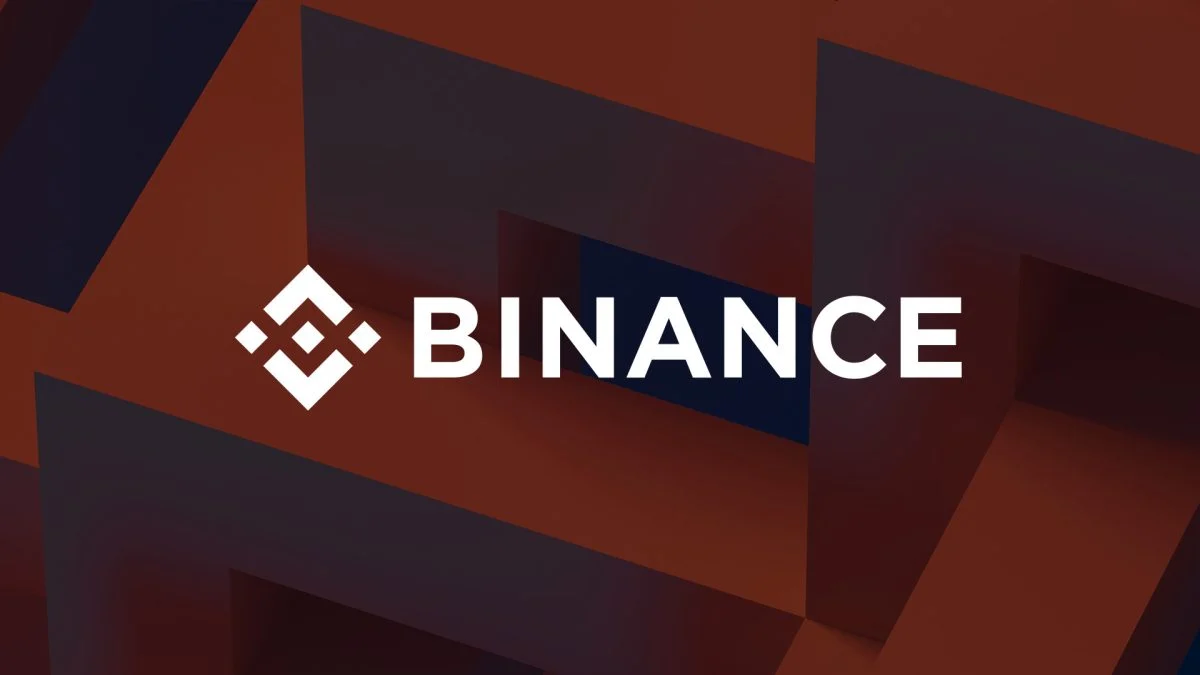Binance, the world’s largest cryptocurrency exchange, said Monday it would continue to offer trading in privacy coins in Europe after saying it would delist them in May.
The firm told The Block that it would change how it classified privacy coins, sparing seven coins from delisting in France, Italy, Poland and Spain: Decred, Dash, Zcash, PIVX, Navcoin, Secret and Verge. “Beam, Monero, MobileCoin, Firo and Horizen are still included in the restrictions,” Binance said.
“After carefully considering feedback from our community and several projects, we have revised how we classify privacy coins on our platform to comply with EU-wide regulatory requirements,” a Binance spokesperson told The Block in an emailed statement. “As a crypto exchange with registrations in different EU jurisdictions, we are obliged to follow EU regulations that require exchanges to be able to monitor transactions for coins listed on our platform.”
In May, Binance indicated plans to delist privacy coins for users in France, Italy, Spain and Poland on June 26. The decision reportedly would have affected a dozen privacy coins: Decred, Dash, Zcash, Horizen, PIVX, Navcoin, Secret, Verge, Firo, Beam, Monero and MobileCoin.
The exchange’s reversal followed considerable community feedback and negotiations with several projects. “You spoke, and Binance listened,” privacy project Secret Network tweeted. “Binance will not be delisting SCRT, along with six other privacy-focused cryptocurrencies, in European countries,” it added.
“We are pleased to inform you that XVG will remain unaffected by Binance’s trading restrictions on privacy coins in certain EU countries,” the team behind Verge said. “Verge utilizes a public blockchain with visible transactions, amounts and wallet addresses.”
Regulatory concerns
Privacy coins are a type of cryptocurrency designed to obscure transaction details using technologies like zero-knowledge proofs — making them more difficult to track. The European Union has money laundering concerns related to transactions on such networks and said it was considering new rules that could ban privacy coins in November.
Binance’s initial move to delist was in response to local regulations, requiring the exchange to monitor transactions for all listed coins. The delistings were announced on the same day the EU’s new Markets in Crypto-Assets (MiCA) regulations became law, and draft guidance from the European Banking Authority warned crypto companies to monitor customers using privacy coins.
“While we aim to support as many quality projects as possible, we are required to follow local laws and regulations regarding the trading of privacy coins, to ensure we can continue to serve as many users as we can,” a Binance spokesperson told The Block at the time.
“As part of Binance’s ongoing compliance processes, we have reached out to affected users, to notify them that they will no longer be able to purchase or trade privacy tokens on our platform after June,” the spokesperson added.
The reversal follows a flurry of regulatory news out of the exchange. Earlier this month, Binance said that it was exiting the Netherlands after failing to acquire regulatory approval. It also applied to deregister its local entity in Cyprus and is reportedly under investigation in France for alleged money laundering. Last week, Belgium’s regulator ordered Binance to stop services in the country.






